How close is the fourth episode of the new series Percy Jackson and the Olympians to its literary source? Not terribly, but that doesn’t mean the episode isn’t good. There’s just one big change that I really disapprove of, as it takes away a big choice that Percy makes in The Lightning Thief. Lots of the other changes were great, though, and are good examples of how to abridge a text well for translation to the screen.
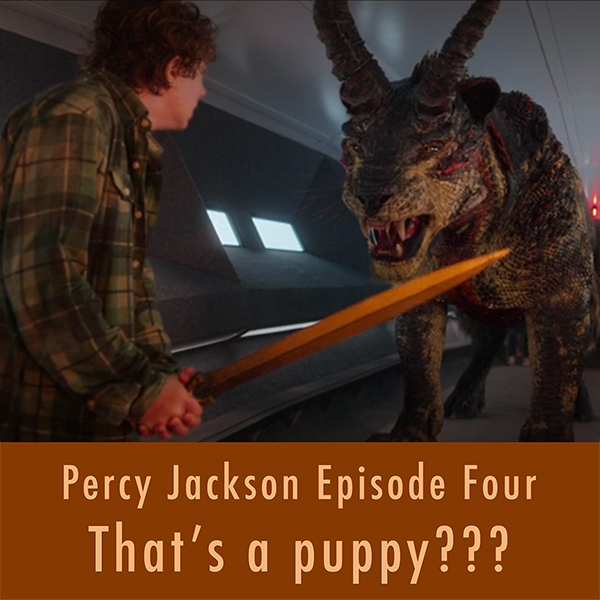
Are you watching Percy Jackson and the Olympians with your family or classmates? What did you think of this episode and the changes it made to the story? Do you agree with how many Snapes I awarded? (I give one to five Snapes to onscreen adaptations based on how faithful they are to the books they are based on. My rating system is named in honor of Alan Rickman’s portrayal of Severus Snape, which stands as an excellent example of how to bring a character from page to screen well.)
Activity: Draw Your Own Chimera
Have students research Chimera, a monster from Ancient Greek legend. Begin with the etymology of “chimera” and then research what animals were combined in her form. Find images of Chimera made in ancient times in painting, mosaic, pottery, and other art forms. Then have students draw their own version of Chimera. If time allows, ask students to make another drawing of an original creature that combines various animal parts and has its own unique name.
An interesting thing to note is that the word “chimera” indicates that the animal is female, yet frequently depictions of the Chimera show the lion portion of the animal as having a male lion’s mane. This often happens when the artist did not come from Ancient Greece and likely would not have spoken Ancient Greek, making it difficult to know that “chimera” indicates a female animal. Students can observe this mistake in art sources from various times in history.
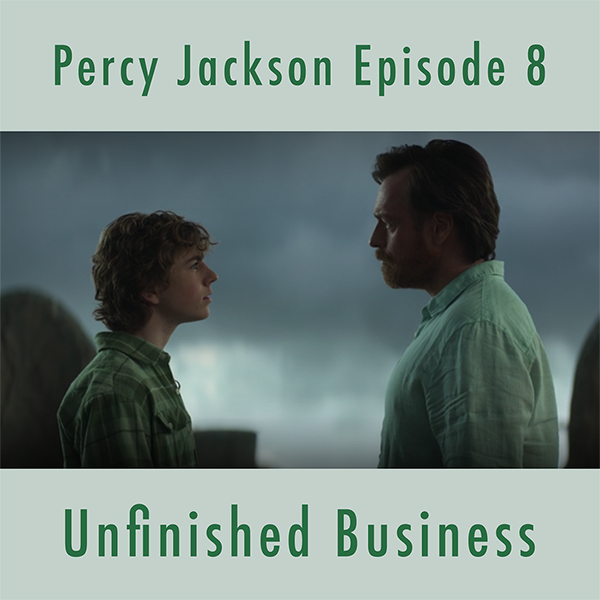

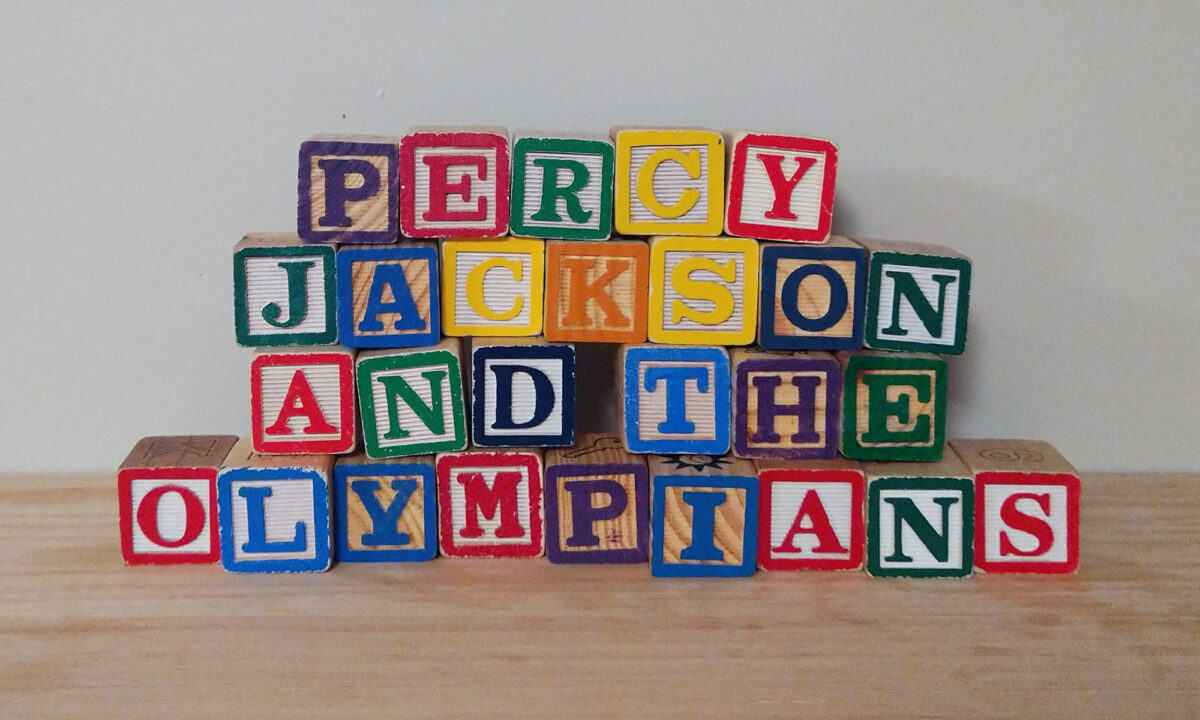
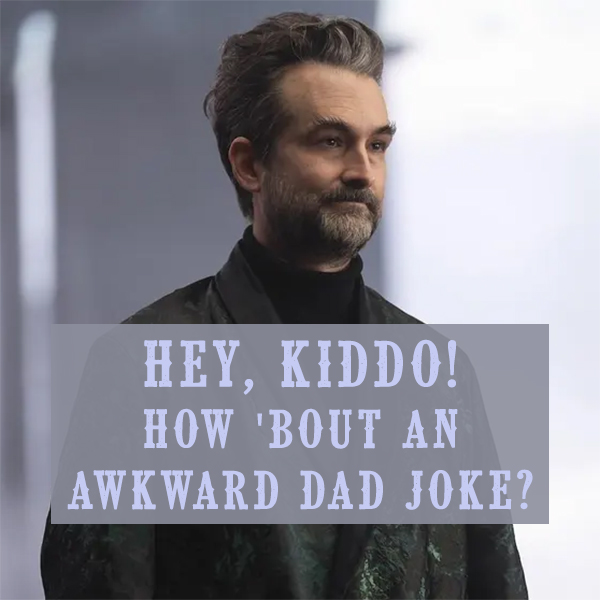
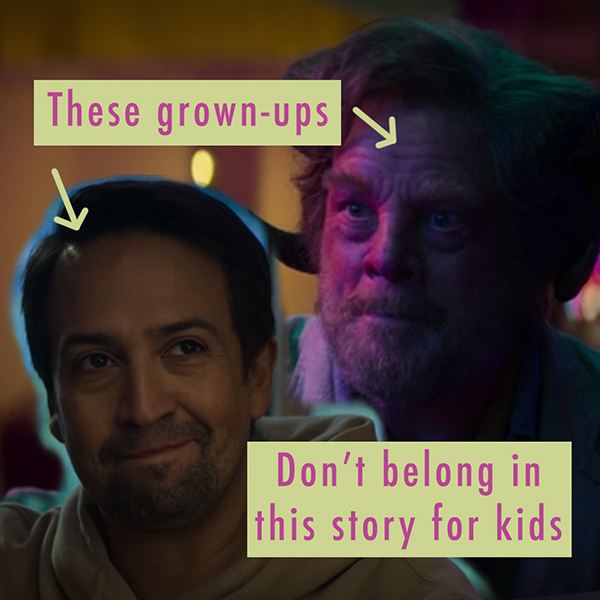
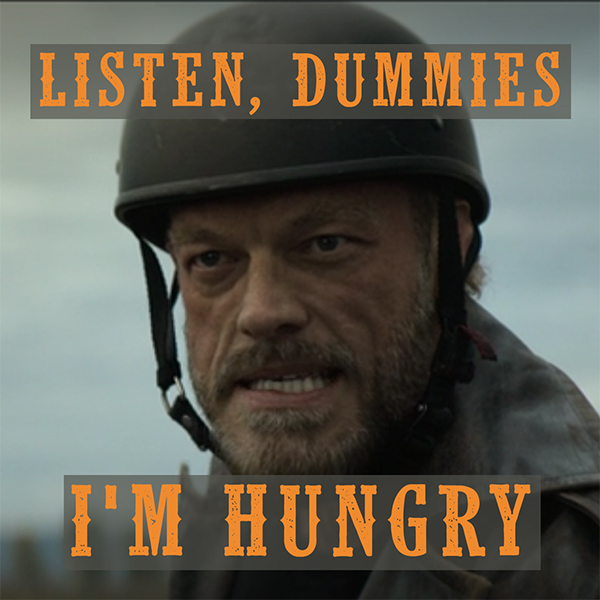


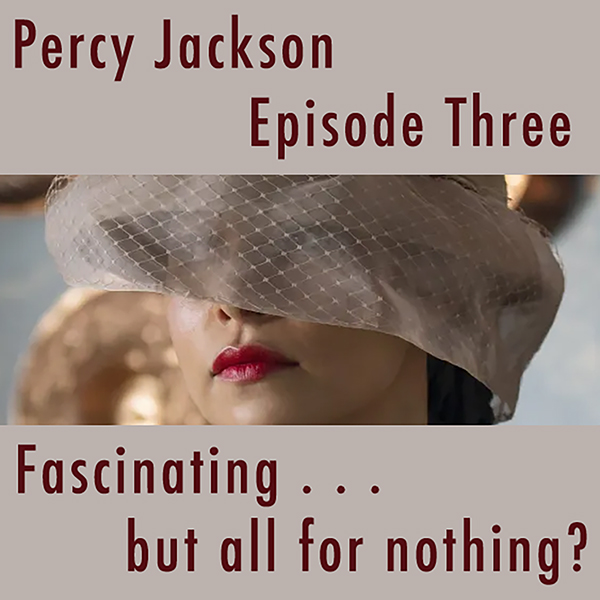 In the novel, Medusa is a straight up monster who attacks Percy and his friends. Percy kills her in complete self-defense and there is nothing really symapthetic about the character. The show makes Medusa much more complex and interesting, but the problem is that that’s not what the plot of the story needs her to be.
In the novel, Medusa is a straight up monster who attacks Percy and his friends. Percy kills her in complete self-defense and there is nothing really symapthetic about the character. The show makes Medusa much more complex and interesting, but the problem is that that’s not what the plot of the story needs her to be.